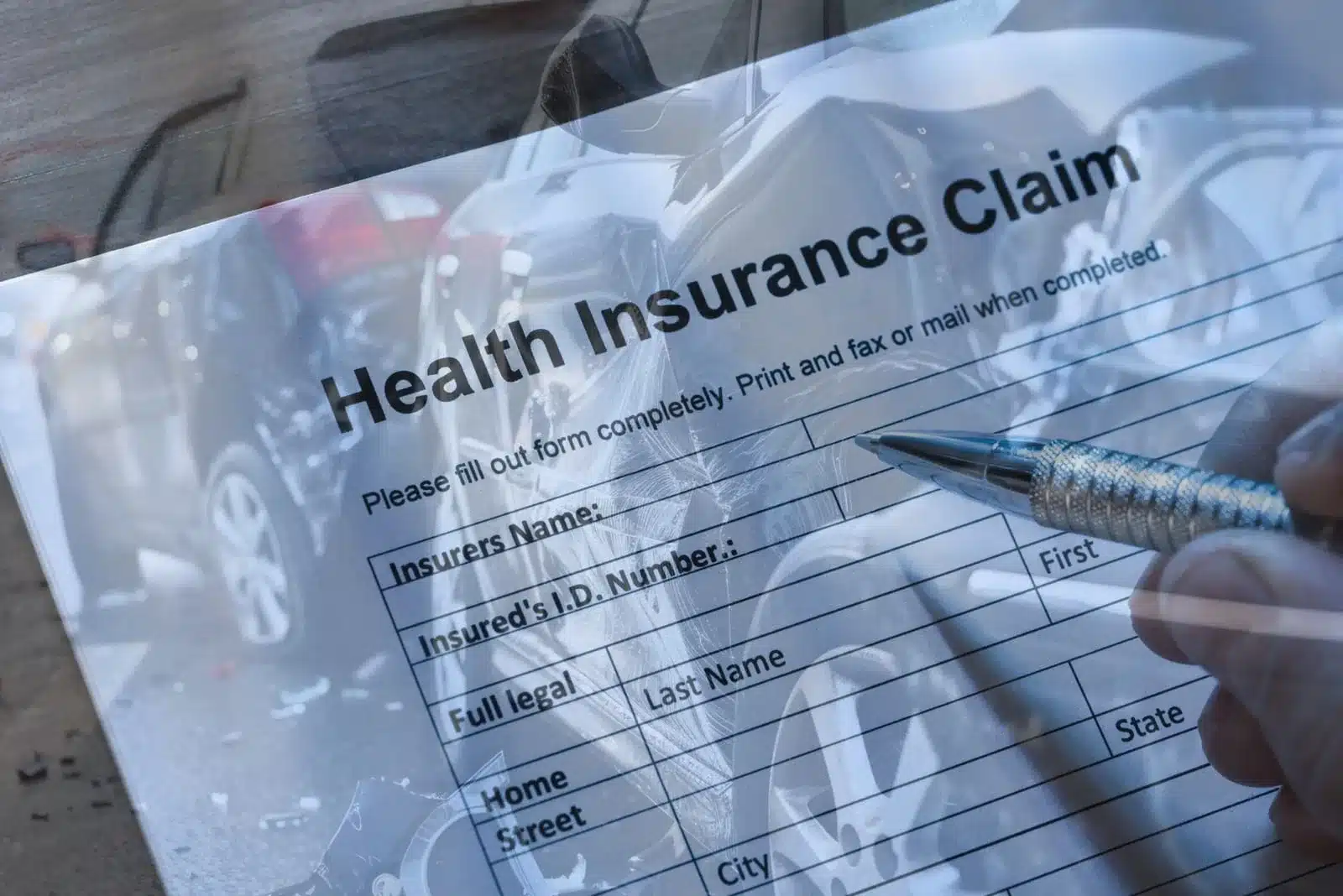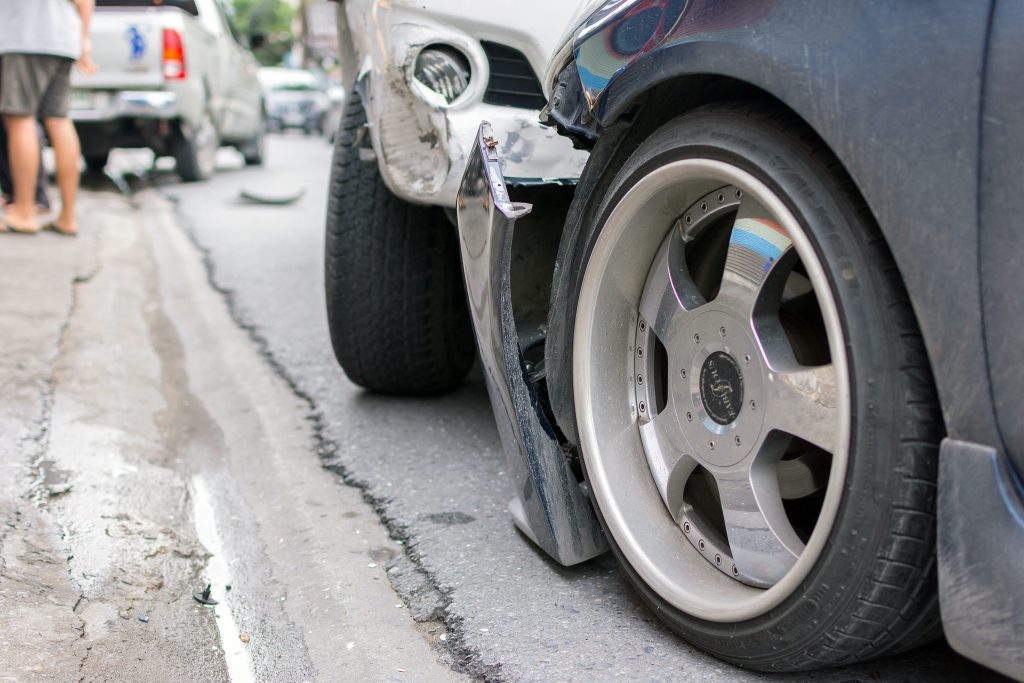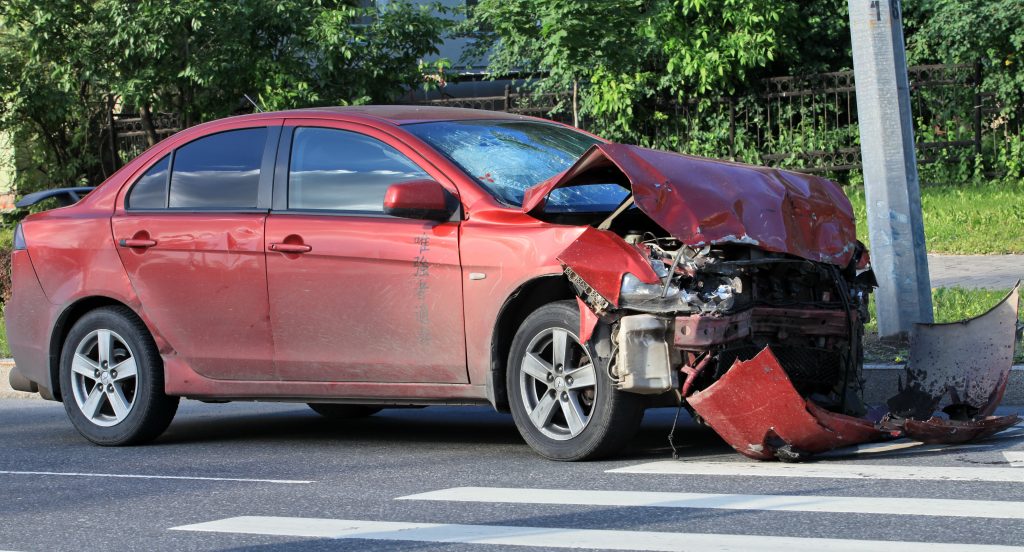Can I Use My Health Insurance After a Car Accident in Texas?
After a car accident, one of the most pressing concerns is likely how to cover your medical bills, especially when fault is still being determined, or the other driver is uninsured. Many injured drivers and passengers wonder if they can use their health insurance after a car accident. The short answer is yes, but there’s often more to it than that.
Understanding how your health insurance applies, and what happens after you receive a settlement, can help you avoid unexpected expenses and legal complications down the line.
Who is Responsible for Medical Bills After an Accident?
Immediately after an accident, you are responsible for ensuring your medical care is covered, even if you were not at fault. In Texas, a fault-based state, the at-fault driver’s auto insurance is expected to pay for your medical costs. However, insurance payouts often take weeks or months, and treatment likely can’t wait.
In most cases, your own health insurance becomes the first line of defense. It pays for your emergency care, hospital stays, prescriptions, and ongoing treatment, subject to your deductible and copays. But using your health insurance may also trigger a legal process called subrogation. This is where the insurer later seeks reimbursement from any compensation you receive from the at-fault party.
Mathi C
Excellent service. They guided me through the whole process. Professional, transparent and insightful.
Am I Required to Reimburse My Health Insurance After an Auto Accident?
In almost every case, your health insurance provider may be entitled to reimbursement if they paid some or all of your medical expenses and you receive a settlement, or verdict, related to the accident. This process is called subrogation, and it allows your insurer to recoup the money it paid for your medical treatment from any third-party recovery you obtain.
Whether reimbursement is required depends on the type of health insurance you have and the specific language in your policy:
- Employer-Sponsored Health Plans (ERISA): These federally governed plans almost always include strong subrogation clauses, and courts often enforce full repayment. That repayment may significantly reduce your take-home settlement.
- Private Health Insurance: While these insurers can seek reimbursement, Texas law may allow more room to negotiate repayment amounts, particularly if the injured party would be left under compensated.
- Medicare and Medicaid: These government programs are legally required to recover accident-related expenses and have strict lien and reporting procedures that must be followed. Almost all of these liens are negotiable post-settlement.
Failing to resolve a valid reimbursement claim can delay the distribution of your settlement or result in legal action from the insurer. The insurer can also accrue additional payments on future medical care on the liens is left unresolved. That’s why it’s important to have a personal injury attorney review your health plan and advocate for reductions or lien waivers when appropriate.
What is the Best Way to Pay Your Medical Expenses After an Accident?
Medical bills can quickly become overwhelming after a car accident, so understanding your payment options is essential.
There are several ways your post-accident medical expenses might be handled:
- Health Insurance: This option covers your treatment up front, but then may seek reimbursement if you win a settlement.
- Letters of Protection (LOPs): With Letters of Protection, some providers will provide the medical treatment now and delay billing and instead place a lien on your future settlement to get paid directly out of the settlement proceeds. This is very normal for an accident case.
- Auto Insurance (PIP or MedPay): If you carry Personal Injury Protection or Medical Payments coverage, it may help with your bills regardless of fault.
Each of these methods has benefits and drawbacks. Choosing the right strategy depends on the severity of your injuries, your available coverage, and whether liability is clearly established.
Before making any decisions, consult with an experienced personal injury attorney to determine the best financial path forward for your situation.
How Can You Settle a Health Insurance Reimbursement Claim in Texas?
If your health insurer requests repayment after an accident, you don’t have to accept the amount at face value. Don’t assume you must pay back the full amount your health insurer demands. With the help of a personal injury attorney, you can often negotiate a reduced lien or repayment amount.
A lawyer can help by:
- Reviewing your policy to ensure the insurer’s reimbursement rights are enforceable.
- Negotiating with insurers for a lower repayment, especially if your total settlement doesn’t cover all your losses.
- Maximizing your net recovery by ensuring your portion of the compensation is not unfairly reduced.
An experienced attorney can also coordinate with lienholders to avoid delays in receiving your final compensation. The sooner you address a reimbursement claim, the more likely you are to protect your financial recovery and avoid post-settlement surprises.
Contact Our Texas Injury Lawyers for a Free Case Review Today!
If you’ve been injured in a car accident and have questions about using your health insurance, or what happens when your case settles, RTRLAW is here to help. Our experienced Texas personal injury attorneys can guide you through every step of the claims and reimbursement process.
We’ll work with insurance companies, help negotiate liens, and fight to maximize your recovery.
Call 1-833-HIRE-RTR or contact us online for a free, no-obligation consultation today.
Revision History:
- Jan 13, 2026 at 6:48 am by RTRLAW (displayed above)
- Jan 13, 2026 at 6:48 am by victor


 CALL US NOW
CALL US NOW TEXT US NOW
TEXT US NOW



























